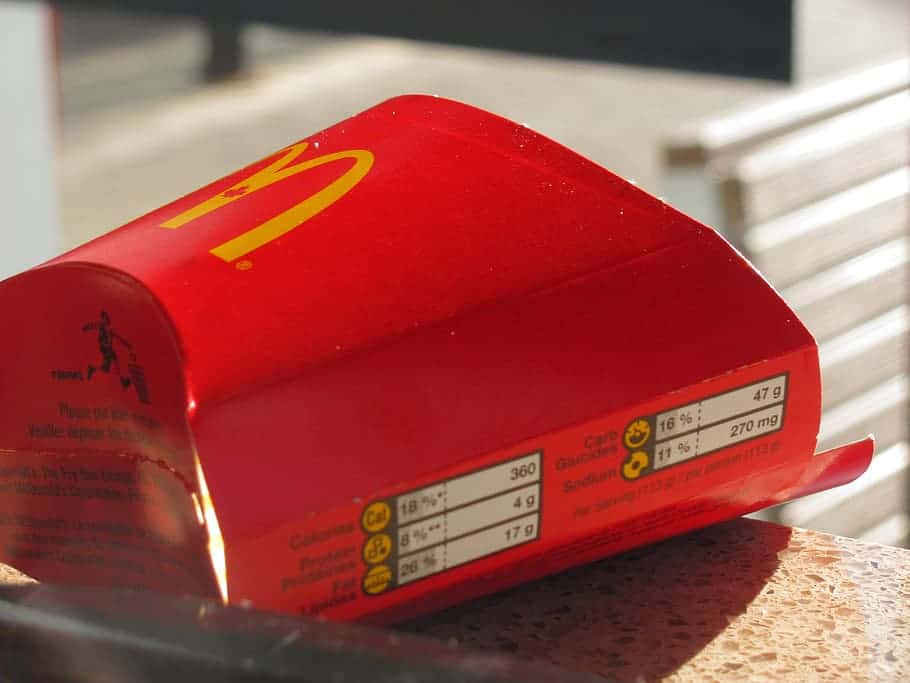
Swap Agrawal is a student at Harvard Law School.
In this weekend’s news and commentary, UAW members authorize strikes against the Big Three and the Seventh Circuit revives an anti-trust lawsuit over McDonald’s use of no-poach clauses.
On Friday, the United Auto Workers (UAW) President Shawn Fain announced that 97 percent of its members had voted to authorize strikes against the Big Three auto companies – Ford, General Motors, and Stellantis – if the union and companies are unable to negotiate new contracts before the current agreements expire on September 14. As Jacqueline previously reported, the union is asking for elimination of the two-tiered wage system and a 40% raise over a four-year period, as well as the re-establishment of cost-of-living allowances and defined benefit pensions and retiree healthcare, the right to strike over plant closures, significant increases to current retiree benefits, and more paid time off to be with family.
“Our members’ expectations are high because Big Three profits are so high,” said President Fain. “The Big Three made a combined $21 billion in profits in just the first six months of this year. That’s on top of the quarter-trillion dollars in North American profits they made over the last decade. While Big Three executives and shareholders got rich, UAW members got left behind. Our message to the Big Three is simple: record profits mean record contracts.” Fain was elected as a militant reform candidate amid widespread member dissatisfaction with the previous UAW leadership due to plant closings, contract concessions, and corruption scandals.
UAW’s Big Three contract renegotiation is the latest in a series of high-profile labor disputes over the past year, including the ongoing SAG-AFTRA and WGA strikes, Teamsters’ showdown with UPS, and a threatened railway strike thwarted by the Biden administration earlier this year. Axios reported that UAW’s strike fund totals over $825 million, meaning that the union could strike all three automakers for 12 weeks before the fund is exhausted. Meanwhile, the Anderson Economic Group estimates that a work stoppage by nearly 150,000 UAW workers at GM, Ford and Stellantis would cost more than $5 billion after 10 days, and Deutsche Bank estimates that a strike would cost each affected automaker about $400 million to $500 million per week of production. Moreover, many smaller parts manufacturers and suppliers may not be able to survive a prolonged strike.
On Friday, the Seventh Circuit revived an anti-trust class action lawsuit against McDonald’s over its use of no-poach clauses in franchise contracts. These clauses, which until recently were part of every McDonald’s franchise agreement, prevented franchise operators from soliciting or hiring any person employed by a different franchise, or by McDonald’s itself, until six months after the last date that person had worked for McDonald’s or another franchise. The two plaintiffs in this case, Leinani Deslandes and Stephanie Turner, worked for McDonald’s franchises while these clauses were in force and were unable to take higher-paying offers at other franchises. They argue that no-poach clauses violate antitrust laws by reducing competition for fast food workers to the benefit of franchise owners.
The district court had rejected plaintiffs’ arguments that no-poach clauses were per se illegal, stating that the clauses were not naked restraints on trade but rather ancillary to – and justified by – each new restaurant’s expanded output. The trial court also found plaintiff’s complaint deficient under the Rule of Reason because it did not allege that McDonald’s and its franchises collectively have market power in the labor market for restaurant workers. Miriam previously covered the district court’s decision here. However, Judge Easterbrook wrote for the Seventh Circuit that the district court “jettisoned the per se rule too early.” The panel found that the district court erred by treating “benefits to consumers (increasing output) as justifying detriments to workers (monopsony pricing).” The case is now remanded to the district court to consider whether the no-poach clause protected the franchises’ investments in training or allowed them to appropriate the value of workers’ own investments.






Daily News & Commentary
Start your day with our roundup of the latest labor developments. See all
February 15
The Office of Personnel Management directs federal agencies to terminate their collective bargaining agreements, and Indian farmworkers engage in a one-day strike to protest a trade deal with the United States.
February 13
Sex workers in Nevada fight to become the nation’s first to unionize; industry groups push NLRB to establish a more business-friendly test for independent contractor status; and UFCW launches an anti-AI price setting in grocery store campaign.
February 12
Teamsters sue UPS over buyout program; flight attendants and pilots call for leadership change at American Airlines; and Argentina considers major labor reforms despite forceful opposition.
February 11
Hollywood begins negotiations for a new labor agreement with writers and actors; the EEOC launches an investigation into Nike’s DEI programs and potential discrimination against white workers; and Mayor Mamdani circulates a memo regarding the city’s Economic Development Corporation.
February 10
San Francisco teachers walk out; NLRB reverses course on SpaceX; NYC nurses secure tentative agreements.
February 9
FTC argues DEI is anticompetitive collusion, Supreme Court may decide scope of exception to forced arbitration, NJ pauses ABC test rule.